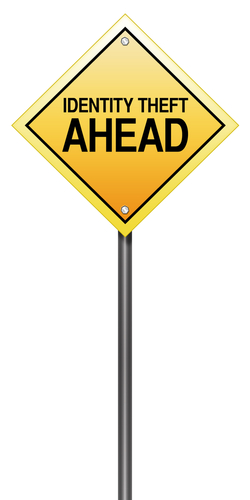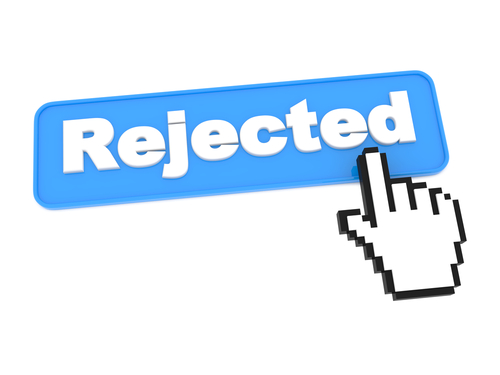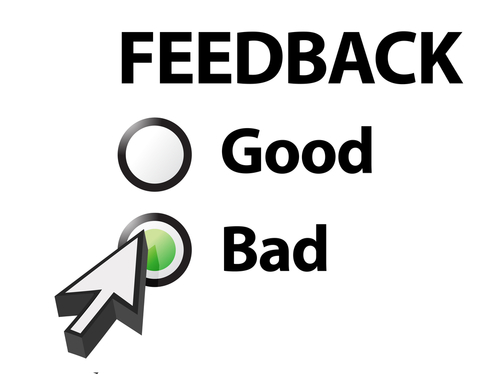Internet Defamation – A Legal Review
Internet Defamation is a rising concern in the era of new media, the most popular being – the Internet. Historically, oral and written medium have been the two commonest areas where defamation cases have taken place. Therefore, Libel and Slander became the two areas where defamation offenders were charged regularly. However, with the advent of the Internet, defamation laws had to be changed and are currently undergoing transformation in many countries of the world.

Rise of Defamation on the Internet
Many businesses, website owners and individuals have attempted to violate the freedom of expression on the internet. Since defamation laws did not extend to cover defamation on the internet for a long time, it became the domain for derogatory and demeaning comments and reviews against numerous individuals and corporations. In the wake of widespread online misconduct – courts, judges and governments extended defamation laws to cover online media.
Even though defamation has been around for a long time, the gravity of the problem increased due to the emergence of reporting and social media tools via the internet which promulgate the dissemination of content across diverse media instantaneously. Comments made on the internet remain on the websites and blogs permanently unless removed. In search engine caches, they are available for an even longer time – sometimes spanning across decades or indefinitely.

The Communications Decency Act (1996)
This act was initially established to tackle the production and distribution of objectionable content over the internet. However, it was also an attempt to deal with any defamatory and indecent content available on blogs, online reviews and websites. Section 230 of the Communications Decency Act is one of the most relevant issues of online defamation. It is related to the liability of an Internet Service Provider (ISP) for the content and informational data available on their servers.
Online Reviews and Defamation
Websites such as Amazon and Yelp have provided internet users with the ability to write reviews which can greatly impact the buying decisions of other users. This can also have repercussions on livelihoods and reputations of individuals, businesses, governments and organizations.
In the internet age, everyone has the power to become a critic. There have been instances where corporations have come up based on mass opinion available online. There is a high rate of monetary risk as negative online reviews can destroy a company’s public image.

Websites and Defmation Law
Websites such as Angies’ List and Yelp are exempted from being covered under the defamation law. But a ruling following a 2012 lawsuit determined that individual writers of negative reviews are liable for what they write and covered by the defamation laws so long as the defamation is false in nature. Therefore, people must remain careful of what they write when airing grievances, especially if they are malicious in nature and they cause actual damages. There is a need to understand the thin line difference between “negative reviews” and “defamatory reviews”.
The ruling of the Virginia Court in 2012 is an example of the protection of freedom of expression over the internet. However, it also internet users that what they express over the internet is under scrutiny, with potential legal ramifications and costs if all the elements of the defamation claim are met.



